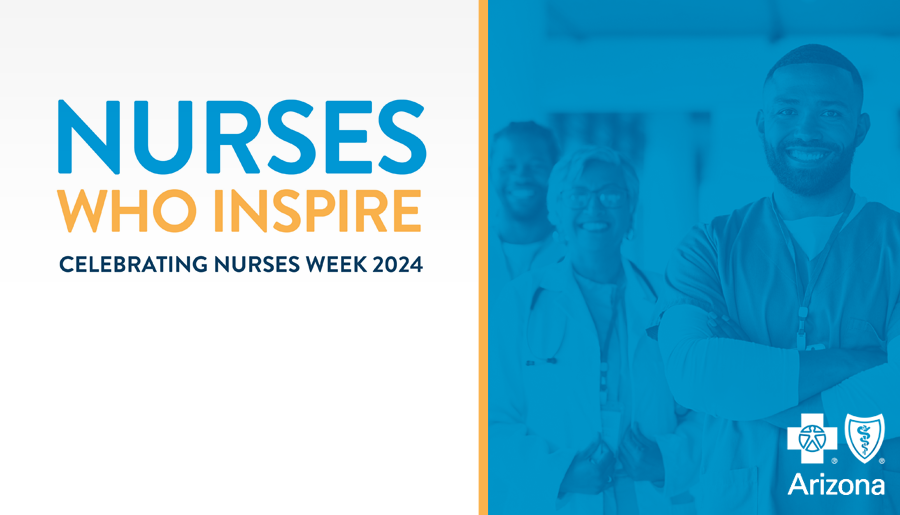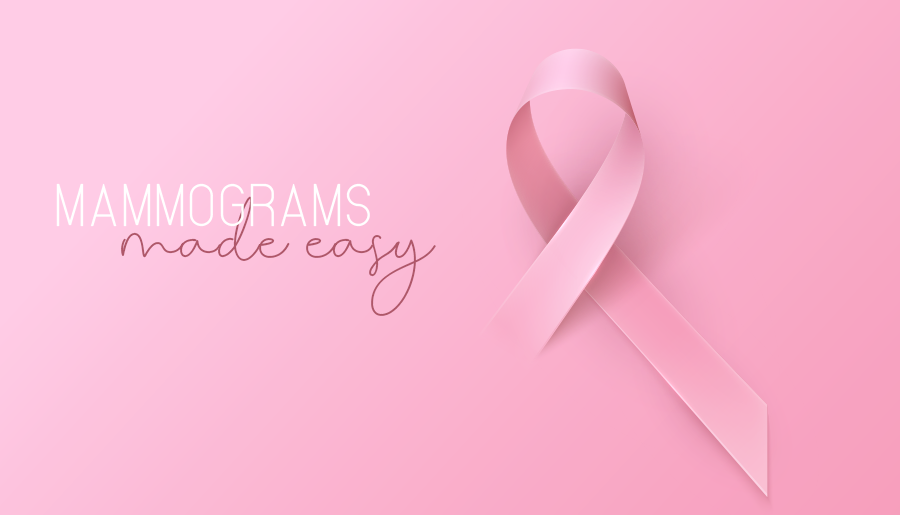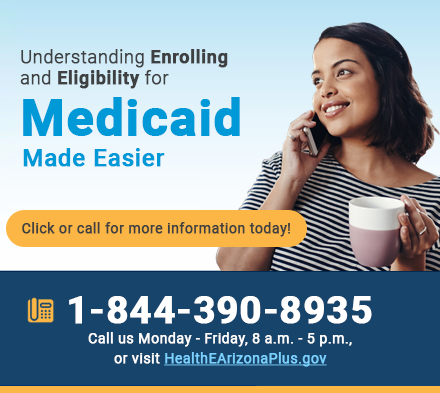AZ Blue wants to honor the nurses who go above and beyond! Recognize a nurse today with a Nurses Who Inspire award.

Keep your family healthy with
BCBSAZ Health Choice
BCBSAZ Health Choice cares about you and is dedicated to improving the health and well-being of the people and communities we serve!
At BCBSAZ Health Choice, we are committed to a collaborative approach with physicians, hospitals and all other providers in the medical communities of Apache, Coconino, Maricopa, Mohave, Navajo, Gila, and Pinal counties
- Compassionate and responsive member services team.
- Collaboration with community physicians to help members get the health care they need.
- Health programs to help members and their families stay healthy.
- Providing culturally competent health care, including extensive translation and interpretation services.











